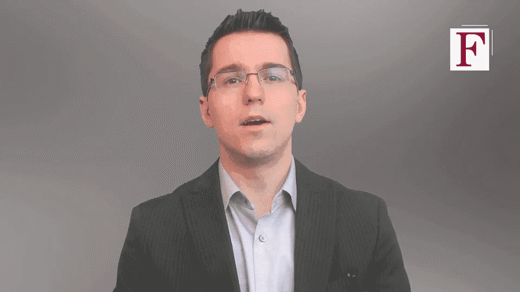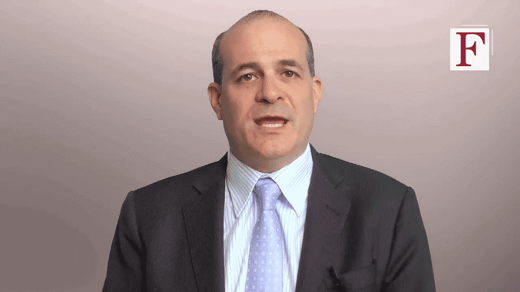Please note: The script may not be exactly what is spoken, but contains the same information as presented in the video.
Hello, my name is Nick Slinko and I am an Associate with the Feldstein Family Law Group. In this session, I want to talk to you about mediation. In fact, this is the first of three alternative methods for resolving family law disputes that I will do videos on.
Alternative Dispute Resolution, commonly referred to as ADR, can be preferable for individuals or families experiencing disputes. There are a variety of reasons for this. These processes can also be more cost-effective and efficient, because the timing is controlled by the parties and their lawyers, as opposed to Judges and Court staff. Alternatives to Court also tend to be less conflict-ridden and more client-centered in terms of resolving the dispute and they often result in a compromise willingly arrived at by both parties. Ultimately, the parties can be put into a position where they can craft a solution that is tailored to the particular circumstances of their case, whereas through the Court system, the ultimate resolution is rarely subject to mutual customization.
Within alternative dispute resolution, there are different options and our website has a brief overview of them. The Feldstein Family Law Group also sponsors more specific websites regarding the different resolution options, which you can access through our main website.
Mediation
The first type of ADR I want to review is mediation. In mediation, the parties agree upon a neutral third-party who assists them in attempting to reach a mutually agreeable settlement. This third-party may be a lawyer or some other type of trained professional and the parties’ lawyers may participate in the mediation process. Typically, mediation is informal and more importantly, non-adversarial, often taking place in a boardroom at the office of the Mediator or one of the two counsel. Mediation is entirely voluntary, meaning that either party can withdraw from the process at any time. Unless the parties elect otherwise, all discussions during a mediation session are confidential and without prejudice, meaning that they cannot be used against either party in subsequent Court proceedings. The key to achieving a successful resolution is the willingness of those involved.
The Mediator’s role is simply to assist and guide the parties to come to a settlement. They do not make any rulings or decisions in the matter, nor will they provide either party with legal advice. In fact, it is really the parties who decide the terms of any agreement. If a resolution is reached at Mediation, a Separation Agreement (or something similar) will need to be written out and signed by both parties in front of witnesses in order to be effective. It is important to obtain independent legal advice prior to signing any settlement agreement.
It is important to keep in mind that mediation may not be for every separating couple, which is why I do not recommend it to all of my clients. Mediation requires a level of respect and communication between spouses, and a common desire to see the matter resolved, which makes it more appropriate for parties who still interact on a regular basis, particularly where children are involved, as well as parties who wish to end their relationship quickly. Moreover, if there is a history of abuse or other forms of power imbalances between the parties, I would not recommend mediation as it would be very difficult to create a comfortable setting conducive to reaching a resolution jointly.
Having lawyers present during the negotiations may also further serve to protect the parties’ interests as well as result in a quicker resolution of the issues involved. Either lawyer can draft an agreement simultaneously with the ongoing negotiations. It can even be signed at the conclusion of the final session. There are situations where after a day-long mediation session, parties are able to reach a full and final settlement with respect to all of the outstanding issues stemming from their separation.
More detailed information regarding mediation can be found here.
For the Feldstein Family Law Group, I am Nick Slinko.




